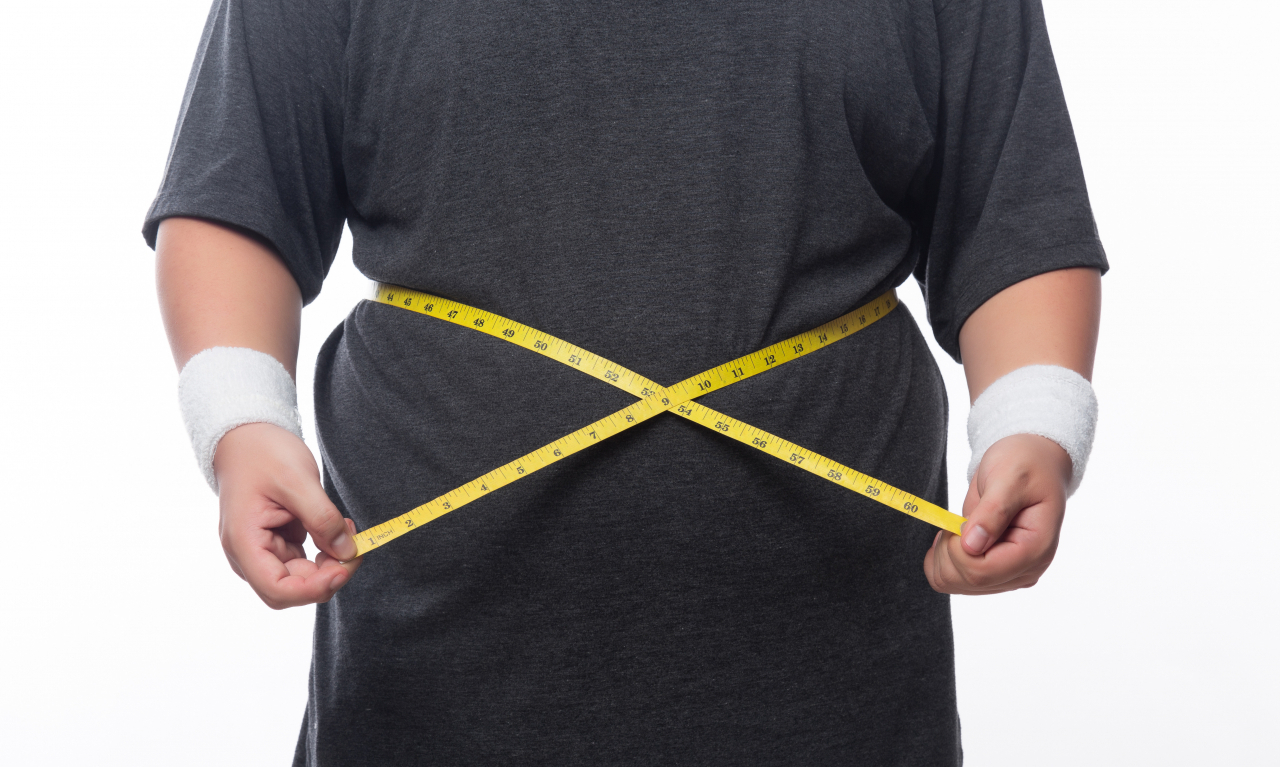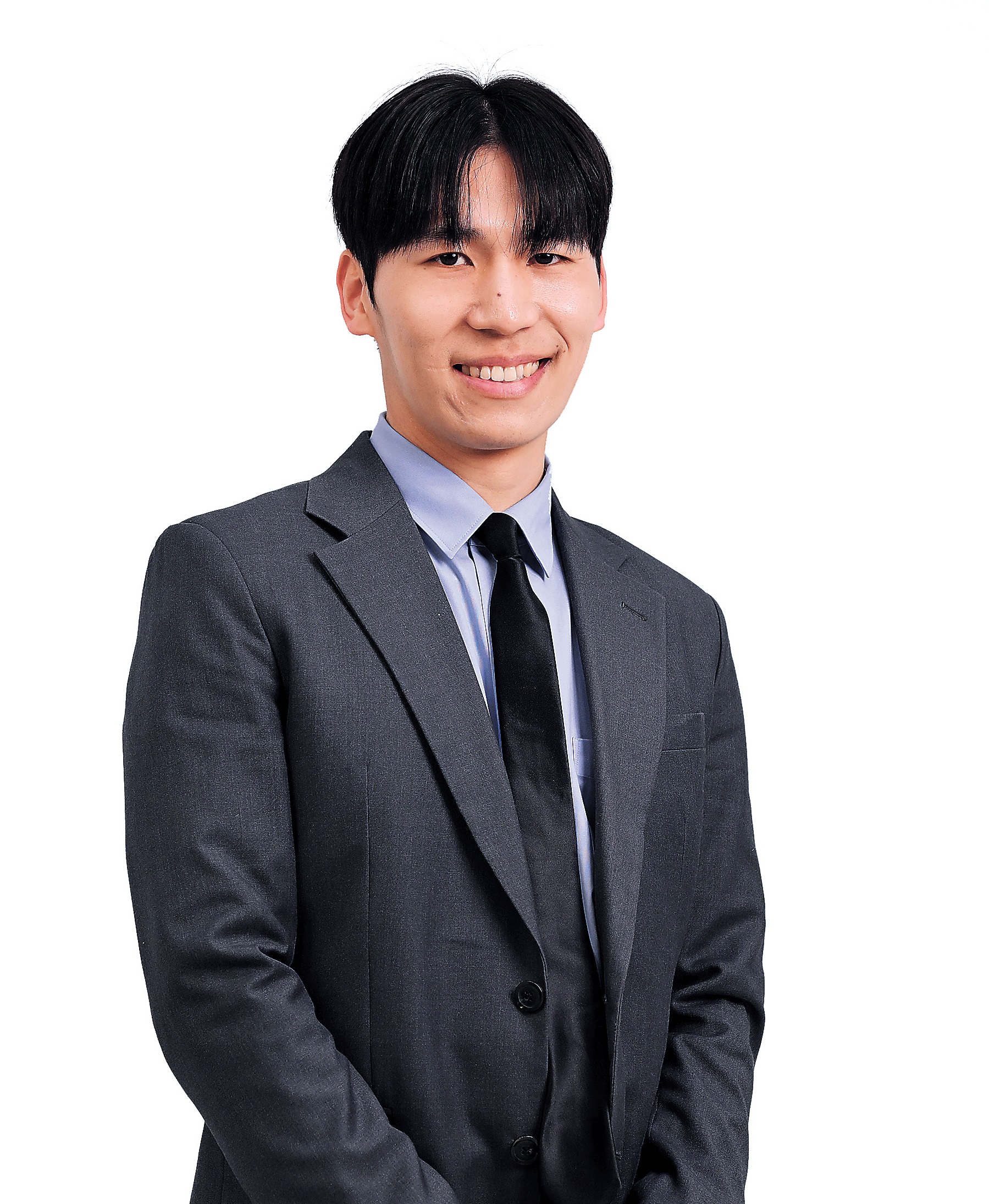
Nearly 1 in 3 Korean adults is classified as "obese," with over half of Korean men in their 30s falling within that range, data showed Thursday.
According to nationwide data released by the Korea Disease Control and Prevention Agency, the percentage of adults with a body mass index higher than 25 -- the cutoff for obesity in Korea -- reached 32.5 percent last year, marking an increase of 0.3 percentage point from 2021.
The obsesity rate, based on BMI, a measure of body mass divided by height squared, includes those classified as overweight, obese and extremely obese.
In terms of age groups, Koreans in their 30s recorded the highest obesity rate at 35.8 percent, followed by those in their 40s and 50s at 34.1 percent and 31.5 percent, respectively.
By gender, the male obesity rate stood at 40.2 percent, compared to a female obesity rate of 22.1 percent.
Among men, the prevalence of obesity was highest among those in their 30s at 51.4 percent, with those in their 20s at 38.8 percent. The obesity rate for men decreased gradually with age, reaching 48.1 percent and 40.1 percent for those in their 40s and 50s, and 33 percent and 27.9 percent for men in their 60s and 70s.
In contrast, the obesity rate for women increases gradually with age, with those in their 70s having the highest obesity rate at 30.6 percent. Women in their 20s had the lowest obesity rate at 15.1 percent.
Officials from the KDCA explained that Korean men in their 30s are more likely to gain excess weight due to less time spent on physical activity and long periods of a sedentary lifestyle at work.
By region, Jeju Island saw the highest obesity rate at 36.5 percent, and the city of Sejong recorded the lowest at 27.5 percent.



















